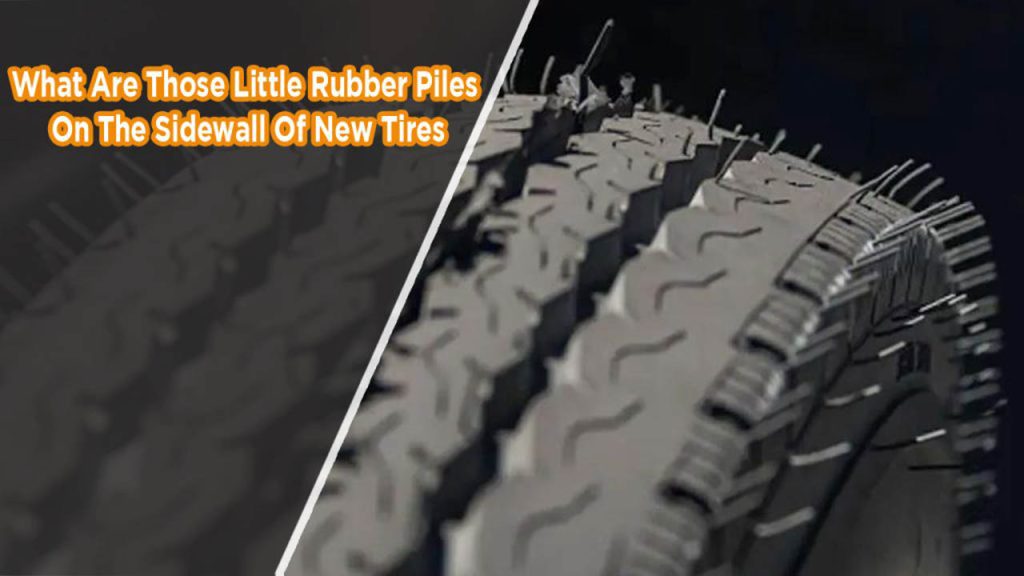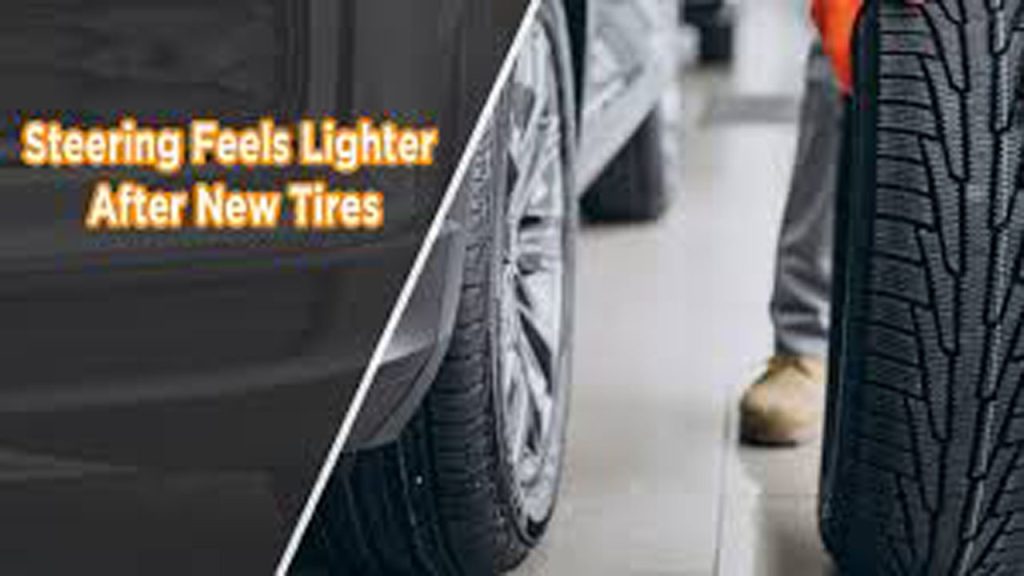If you’ve ever heard an annoying squeaking sound coming from your car wheels, you’re not alone. This sound can range from a light chirp to an unbearable screech, and it’s hard to ignore.
I’ve had my fair share of squeaky wheels, and I know how frustrating it can be. The good news? Most squeaks aren’t a death sentence for your car. In fact, many of them can be fixed right in your driveway with just a bit of effort.

Image by alexandersimportautorepair
I’ll walk you through why your car wheel might be squeaking, the common causes behind it, and how to fix the issue at home. By the end of this guide, you’ll have the confidence to silence that noise without a costly trip to the mechanic.
What Causes Car Wheels to Squeak?
Brake Issues
One of the most common reasons for wheel squeaking is your brakes. If you hear the squeak when you press the brake pedal, the noise might be coming from:
- Worn Brake Pads: When brake pads get too thin, they can squeak or screech as a warning sign.
- Glazed Rotors or Pads: Overheated brakes can leave a glaze on the pads or rotors, causing a high-pitched squeal.
- Dust and Debris: Dirt caught between the pads and rotors can also create squeaking sounds.
Loose or Worn Belts
While not directly related to the wheels, a loose or worn serpentine belt can produce a sound that mimics a squeaky wheel.
Wheel Bearings
If the squeaking occurs while driving and not braking, it could be a sign of failing wheel bearings. These bearings allow the wheels to spin freely, and when they’re worn, they can make noise.
Tire Issues
Your tires could also be the culprit. Common tire-related causes include:
- Uneven tread wear.
- Underinflated or overinflated tires.
- Objects like rocks or debris stuck in the tread.
Suspension Problems
Squeaks can also come from your suspension system, especially if the sound gets louder when you hit bumps or make turns. Worn bushings or shock absorbers could be to blame.
How to Diagnose a Squeaky Car Wheel
Before you can fix the problem, you need to figure out what’s causing the noise. Here’s how I usually diagnose squeaky wheels:
Listen Carefully
Pay attention to when the squeaking happens:
- While braking? Likely a brake issue.
- While driving at a constant speed? Could be bearings or tires.
- Only when turning? Might be suspension-related.
Inspect Your Wheels
Take a closer look at your wheels and brakes. Check for visible wear on brake pads, uneven tire wear, or anything stuck in the tread.
Test Your Brakes
Find a safe area to test your brakes. Does the squeaking stop when you press the pedal? This can help confirm if the brakes are the issue.
Check for Loose Parts
Using your hands, wiggle the wheels, and look for anything loose. A loose wheel bearing or suspension part can cause noise.
How to Fix a Squeaky Car Wheel at Home
Once you’ve identified the cause, it’s time to roll up your sleeves and fix the problem. Let’s tackle the most common issues one by one.
Fixing Brake Squeaks
Replace Worn Brake Pads
If your brake pads are worn out, replacing them is the best solution. Here’s how:
- Jack up the car and remove the wheel.
- Remove the caliper and slide out the old pads.
- Install new brake pads and reassemble the caliper.
Clean the Brakes
Sometimes, simply cleaning your brakes can eliminate squeaking. Use brake cleaner spray to remove dust and debris from the pads and rotors.
Apply Brake Lubricant
Use a small amount of brake grease on the back of the pads to reduce squeaking caused by vibration. Avoid getting grease on the rotor.
Tightening or Replacing Loose Belts
If the serpentine belt is loose, you can tighten it by adjusting the tensioner. If it’s cracked or worn, replace it entirely. This is a simple fix that can save you a lot of headaches down the road.
Addressing Wheel Bearings
Worn wheel bearings usually require replacement. This is a more advanced DIY task, but if you’re up for the challenge:
- Remove the wheel and brake assembly.
- Use a bearing puller to remove the old bearing.
- Press in the new bearing and reassemble.
Tire Maintenance
Remove Debris
Check your tires for rocks, nails, or other debris stuck in the tread. Use a pair of pliers to remove them.
Inflate Tires Properly
Check the tire pressure using a gauge and adjust it to the manufacturer’s recommended level.
Rotate Tires
Uneven tire wear can cause squeaks. Rotating your tires regularly ensures even wear and extends their life.
Suspension Fixes
Lubricate Suspension Parts
Apply a silicone-based lubricant to bushings and other suspension components. This can often eliminate squeaks caused by dryness.
Replace Worn Bushings
If the bushings are worn out, replacing them is the best solution. This involves removing the suspension components and pressing in new bushings.
Preventing Squeaky Wheels
Once you’ve fixed the problem, you’ll want to prevent it from happening again. Here’s how:
- Regularly inspect and clean your brakes.
- Check tire pressure monthly and rotate tires every 6,000-8,000 miles.
- Keep suspension parts lubricated.
- Replace worn parts as soon as you notice an issue.
When to See a Mechanic
While most squeaks can be fixed at home, some issues may require professional help. If you’re dealing with:
- Persistent noise despite your efforts.
- Advanced issues like wheel bearing replacement (if you’re not comfortable doing it).
- Safety concerns, such as difficulty braking.
Don’t hesitate to visit a mechanic.
Conclusion
A squeaky car wheel can be annoying, but it’s often a sign of a minor issue that’s easy to fix at home. By identifying the cause—whether it’s brakes, bearings, tires, or suspension—you can take the right steps to resolve it.
From cleaning your brakes to tightening belts and lubricating suspension parts, there’s a DIY solution for almost every squeak. And if all else fails, a trusted mechanic is just a call away.
Silencing that squeak not only makes your drive more pleasant but also ensures your car is in good health. So, grab your tools, roll up your sleeves, and get to work. You’ve got this!
FAQs
Why does my car wheel squeak when I brake?
It’s often due to worn brake pads, glazed rotors, or debris caught between the pads and rotors.
Can I drive with a squeaky wheel?
While it might not be dangerous in some cases, it’s best to diagnose and fix the issue to avoid further damage.
How do I know if my wheel bearings are bad?
Bad wheel bearings often cause a continuous noise while driving, which gets louder as you accelerate or turn.
What lubricant should I use for squeaky suspension parts?
A silicone-based lubricant works best for bushings and other suspension components.
How often should I rotate my tires?
Rotate your tires every 6,000-8,000 miles to ensure even wear and prevent squeaks.


